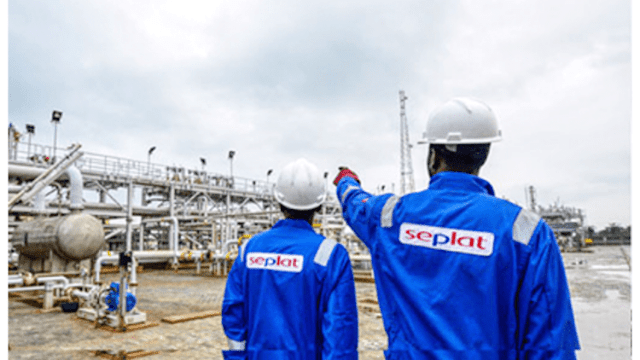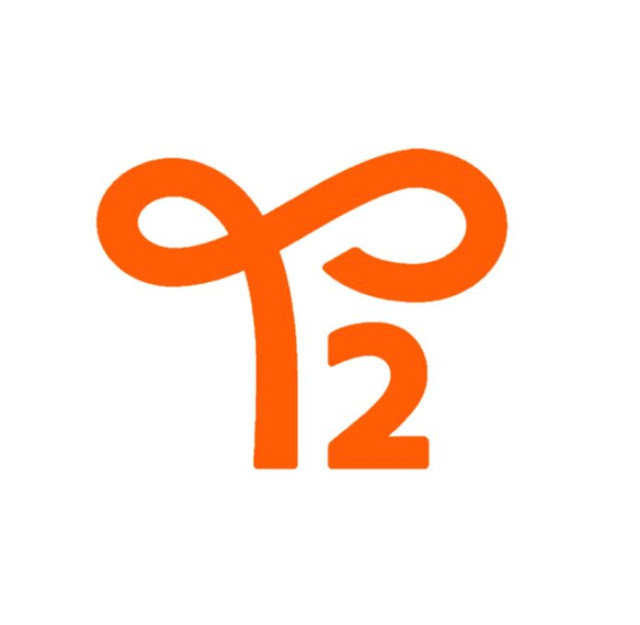Seplat Energy Plc, working in partnership with the Nigerian National Petroleum Company Limited (NNPCL), has completed its first-ever domestic supply of Liquefied Petroleum Gas (LPG) Butane from the Bonny River Terminal (BRT) in Rivers State.
The breakthrough marks a new phase in the terminal’s role, shifting from its traditional function as an export hub to a domestic supply channel, a move that reinforces Nigeria’s drive towards energy security and sustainability.
A total of 12,600 metric tonnes of LPG was supplied to the Nigerian market under the inaugural operation. Seplat explained that the development forms part of broader efforts to strengthen local energy availability and lessen dependence on imported cooking gas.
The company is also progressing with two major projects: the 300 MMscfd ANOH Gas Plant in Imo State and the 90 MMscfd Sapele Gas Plant in Delta State. Both facilities are equipped with LPG extraction units, with daily capacities of 120MT and 163MT respectively, and are expected to begin operations in the fourth quarter of 2025.
Seplat noted that the increased supply of locally produced LPG would expand access to clean cooking fuel and help curb greenhouse gas emissions from traditional biomass sources, which remain in use by more than 80 per cent of Nigerian households.
Chief Executive Officer of Seplat Energy Plc, Roger Brown, said gas and LPG usage in Nigeria is growing at speed, making reliable domestic supply critical for securing energy, cutting carbon emissions, and improving air quality.
“At Seplat, we are proud to be at the forefront of this transition, delivering cleaner energy solutions that empower communities and support sustainable growth,” he stated.
The company explained that this milestone builds on the progress achieved following its acquisition of Mobil Producing Nigeria Unlimited (MPNU) in the fourth quarter of 2024. The business, now renamed Seplat Energy Producing Nigeria Unlimited (SEPNU), boosted overall production by 11 per cent in the first quarter of 2025.
According to Seplat’s audited financial results for 2024, onshore assets averaged 48,618 barrels of oil equivalent per day (boepd), up from 47,758 boepd in 2023. The integration of SEPNU contributed an annualised average of 4,329 boepd, lifting total output to 52,947 boepd.
The company’s independently audited 2P reserves climbed by 85 per cent to 886 million barrels of oil equivalent (MMboe) in 2024, compared to 478 MMboe the year before. Combined 2P and contingent (2C) reserves rose even higher, up 125 per cent to 1,217 MMboe.
In its half-year report for 2025, Seplat posted an average daily working interest production of 134,492 boepd, nearly three times the 48,407 boepd recorded in the first half of 2024.
Revenue performance was also robust. Second-quarter earnings jumped 206.5 per cent to ₦939.2 billion, bringing half-year revenue to ₦2.1 trillion, already 31 per cent higher than the full-year figure for 2024. Gross profit rose by 18 per cent year-on-year to ₦215.8 billion in Q2, while H1 gross profit surged by 204 per cent to ₦751.2 billion. Pretax profit grew by 86 per cent year-on-year to ₦454.1 billion, even with cost pressures recorded in the second quarter.
Seplat reaffirmed that its long-term focus remains on expanding domestic gas infrastructure and supporting Nigeria’s transition to cleaner and more sustainable energy solutions.








